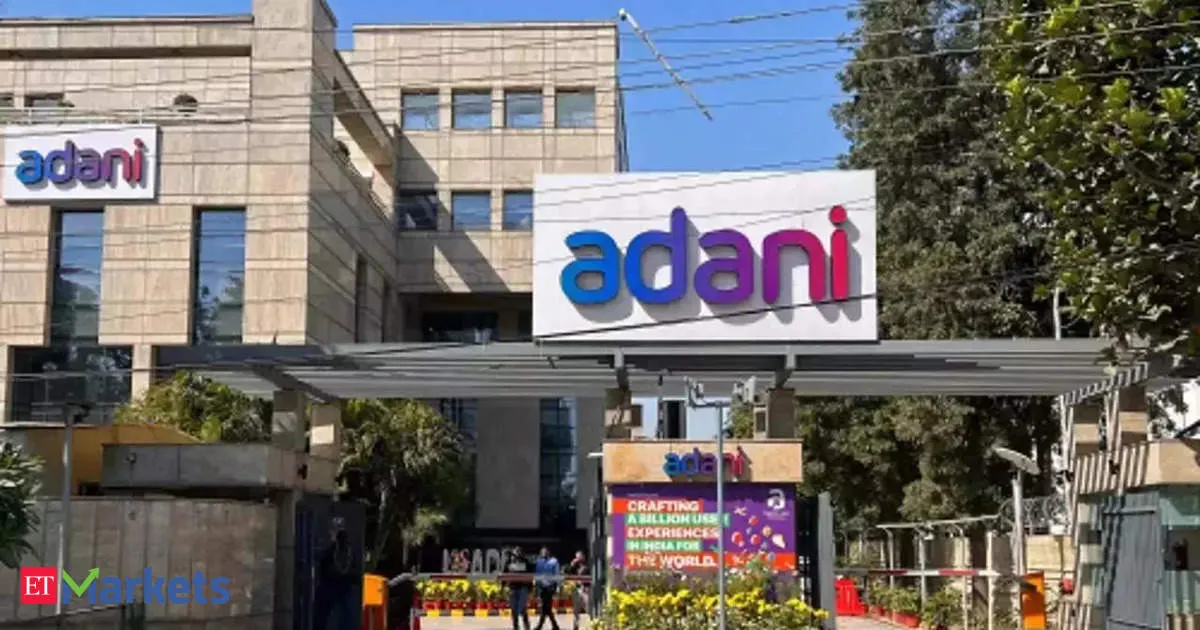Adani Group's Strategic Move Towards Doubling Debt Exposure in Domestic Capital Markets

Adani Group's Ambitious Debt Plans
Mumbai: The Adani Group can double its debt exposure to the domestic capital markets to 10% of the conglomerate's total loans as long as the instruments used to raise funds mature within five years, according to the group's chief financial officer, Jugeshinder Singh. Indian capital markets currently account for about 5% of Adani Group's total outstanding borrowings, or ₹12,404 crore, as of March-end, 2024.
Longer-Duration Debt Considerations
If longer-duration debt is included, the group will also be open to having as much as 15% of its debt from the local capital markets, Singh told ET, after launching Adani Enterprises' maiden non-convertible debentures issue of ₹800 crore.
- This issue by the flagship company of the Adani Group will open on September 4, and close on September 17.
- The debt instruments are available in tenures of 24, 36 and 60 months with an interest rate of 9.25%, 9.65% and 9.90%, respectively.
Focus on Capital Expenditure
Adani Enterprises has outlined a capital expenditure of ₹80,000 crore for the year for its various businesses including airports and roads and maintains a 9% cost of capital on a weighted average basis. Singh emphasized that this NCD issue is just a small start to the debt offerings that the group anticipates bringing over the next two decades.
Debt Mix and Global Considerations
While businesses such as metals and Poly Vinyl Chloride will be funded with debt from the domestic market, capital expenditure for Adani Green and Adani Energy Solutions is expected to be sourced from global markets.
- Singh noted, 'What you look at is the risk-adjusted cost of capital, not merely the rate.'
- 'If we want debt for 20 or 30 years, global debt is cheaper; for three-year debt, domestic debt is cheaper.'
He further explained that the debt mix would continue to adapt based on business requirements. The Indian capital markets show a growing appetite for debt, and Singh underlined the importance of aligning the needs of domestic investors with the new offerings.
This article was prepared using information from open sources in accordance with the principles of Ethical Policy. The editorial team is not responsible for absolute accuracy, as it relies on data from the sources referenced.